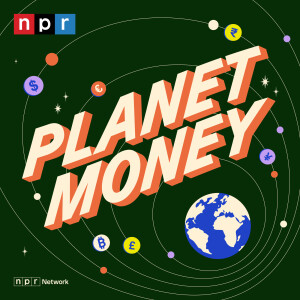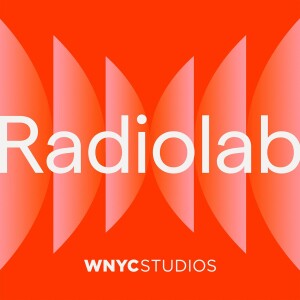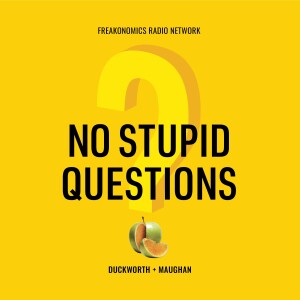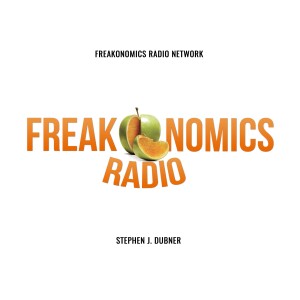It boosts economic opportunity and social mobility. It’s good for the environment. So why do we charge people to use it? The short answer: it’s complicated. Also: We talk to the man who gets half the nation’s mass-transit riders where they want to go (most of the time).
SOURCES:
- Marcus Finbom, traffic planner in Stockholm, Sweden.
- Robbie Makinen, former president and C.E.O. of the Kansas City Area Transportation Authority.
- Janno Lieber, chair and C.E.O. of the M.T.A. in New York City.
- Brian Taylor, professor of urban planning and public policy and director of the Institute of Transportation Studies at U.C.L.A.
- Shashi Verma, director of strategy and C.T.O. at Transport for London.
- Michelle Wu, mayor of Boston.
RESOURCES:
- "Free Bus Service Starts Sunday on 5 Routes in New York City," by Ana Ley (The New York Times, 2023).
- “Vehicle Access and Falling Transit Ridership: Evidence From Southern California,” by Michael Manville, Brian D. Taylor, Evelyn Blumenberg, and Andrew Schouten (Transportation, 2023).
- “Route-28 Fare-Free Pilot Evaluation: Summary Findings,” by the City of Boston Transportation (2022).
- “Forget Fare Hikes — Make the T Free,” by Michelle Wu (The Boston Globe, 2019).
- Traffic Power Structure, by Planka.nu (2016).
- "The Impacts of Neighborhoods on Intergenerational Mobility: Childhood Exposure Effects and County-Level Estimates," by Raj Chetty and Nathaniel Hendren (NBER Working Paper, 2015).
- "Fare, Free, or Something in Between?" by Jennifer S. Perone and Joel M. Volinski (World Transit Research, 2003).
- Planka.Nu.
EXTRAS:
- "Why Is the U.S. So Good at Killing Pedestrians?" by Freakonomics Radio (2023).
- "Should Public Transit Be Free?" by Freakonomics Radio (2022).
- “Should Traffic Lights Be Abolished?” by Freakonomics Radio (2021).
- “The Perfect Crime,” by Freakonomics Radio (2014).
- “Parking Is Hell,” by Freakonomics Radio (2013).
More Episodes
559. Are Two C.E.O.s Better Than One?
 2023-09-28
2023-09-28
558. The Facts Are In: Two Parents Are Better Than One
 2023-09-21
2023-09-21
557. When Is a Superstar Just Another Employee?
 2023-09-14
2023-09-14
556. A.I. Is Changing Everything. Does That Include You?
 2023-09-07
2023-09-07
555. New Technologies Always Scare Us. Is A.I. Any Different?
 2023-08-31
2023-08-31
554. Can A.I. Take a Joke?
 2023-08-24
2023-08-24
553. The Suddenly Diplomatic Rahm Emanuel
 2023-08-17
2023-08-17
Should Traffic Lights Be Abolished? (Ep. 454 Replay)
 2023-08-10
2023-08-10
Extra: A Modern Whaler Speaks Up
 2023-08-06
2023-08-06
552. Freakonomics Radio Presents: The Economics of Everyday Things
 2023-08-03
2023-08-03
551. What Can Whales Teach Us About Clean Energy, Workplace Harmony, and Living the Good Life?
 2023-07-27
2023-07-27
550. Why Do People Still Hunt Whales?
 2023-07-20
2023-07-20
549. The First Great American Industry
 2023-07-13
2023-07-13
548. Why Is the U.S. So Good at Killing Pedestrians?
 2023-07-06
2023-07-06
Why Did You Marry That Person? (Ep. 511 Replay)
 2023-06-29
2023-06-29
547. Satya Nadella’s Intelligence Is Not Artificial
 2023-06-22
2023-06-22
546. Are E.S.G. Investors Actually Helping the Environment?
 2023-06-15
2023-06-15
545. Enough with the Slippery Slopes!
 2023-06-08
2023-06-08
544. Ari Emanuel Is Never Indifferent
 2023-06-01
2023-06-01
Make Me a Match (Ep. 209 Update)
 2023-05-25
2023-05-25
Create your
podcast in
minutes
- Full-featured podcast site
- Unlimited storage and bandwidth
- Comprehensive podcast stats
- Distribute to Apple Podcasts, Spotify, and more
- Make money with your podcast
It is Free
You may also like

The Economics of Everyday Things


Planet Money


People I (Mostly) Admire


Radiolab


No Stupid Questions

- Privacy Policy
- Cookie Policy
- Terms of Use
- Consent Preferences
- Copyright © 2015-2024 Podbean.com



 iOS
iOS Android
Android